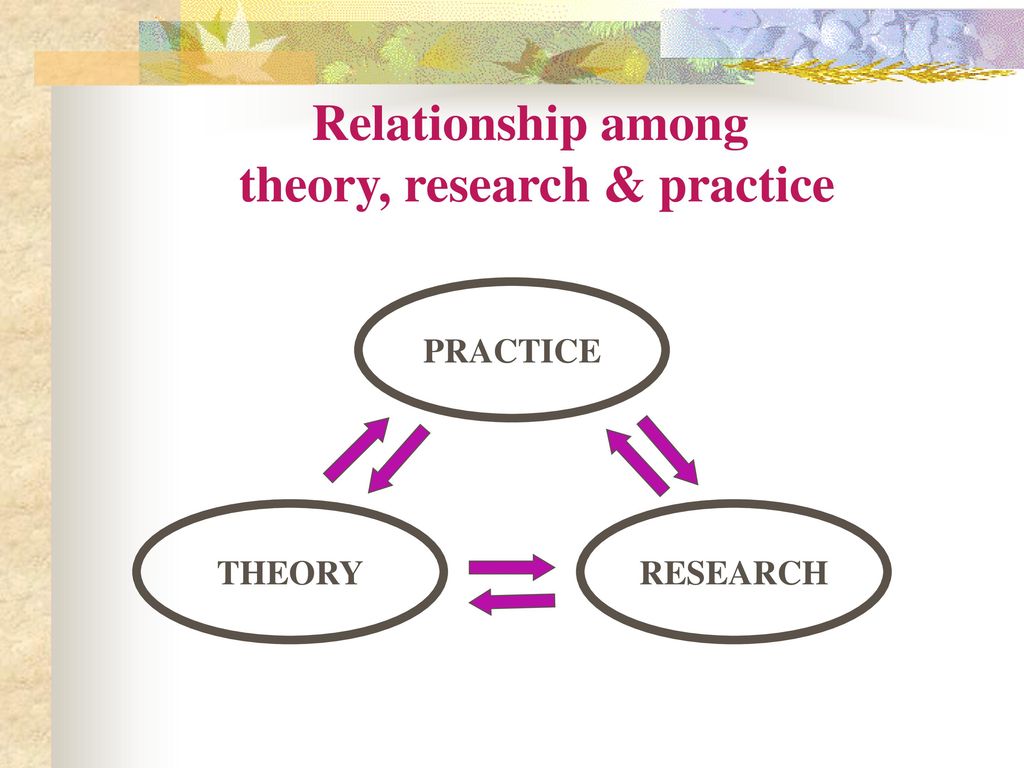The Relationships Between Nursing Theory and Practice
Jun 07, 2023
This paper describes the relationships between nursing theory and practice by examining how they are interrelated and interconnected.
Nursing theory is an important part of professional development, as it helps to inform practice decisions. It provides a basis for understanding the complexities and challenges of patient care, while also providing guidance on best practices for nursing interventions. The goal of nursing theory is to elucidate the underlying principles that guide decision-making in clinical settings.
The relationship between nursing theory and practice is a reciprocal one; both benefit from each other’s influence. Theory informs practice, while practice validates or refines theoretical concepts. Nursing theories provide frameworks for assessing situations, determining necessary interventions, setting expectations, readily adapting to changes in patient care needs, formulating diagnostic and prognostic interventions, and evaluating outcomes.

In order to be effective, nursing theory must be supported by research evidence. Research provides the data needed to identify patterns and determine what works best in different situations. This helps to ensure that the theoretical framework is grounded in reality, making it more applicable to clinical practice settings.
Moreover, the relationships between nursing theory and practice are impacted by changes in healthcare environment. Healthcare systems are complex and constantly evolving; therefore, theories must be adapted to respond to these changes if they are going to remain relevant. Nursing practitioners need to continually update their knowledge base so that they can effectively apply the most current theories in practice.
The reciprocal relationship between nursing theory and practice serves as a dynamic and living system. As advances in practice occur, new theories must be developed to explain the changes. Theories can then be validated or refined through further research and practice, resulting in a more comprehensive and accurate understanding of nursing care.
By examining the relationship between theory and practice, it is clear that they are essential components of nursing care. Theory helps to inform and guide clinical decisions, while practice adds depth and breadth to theoretical frameworks. Together they help nurses provide safe, effective, timely patient-centered care.
